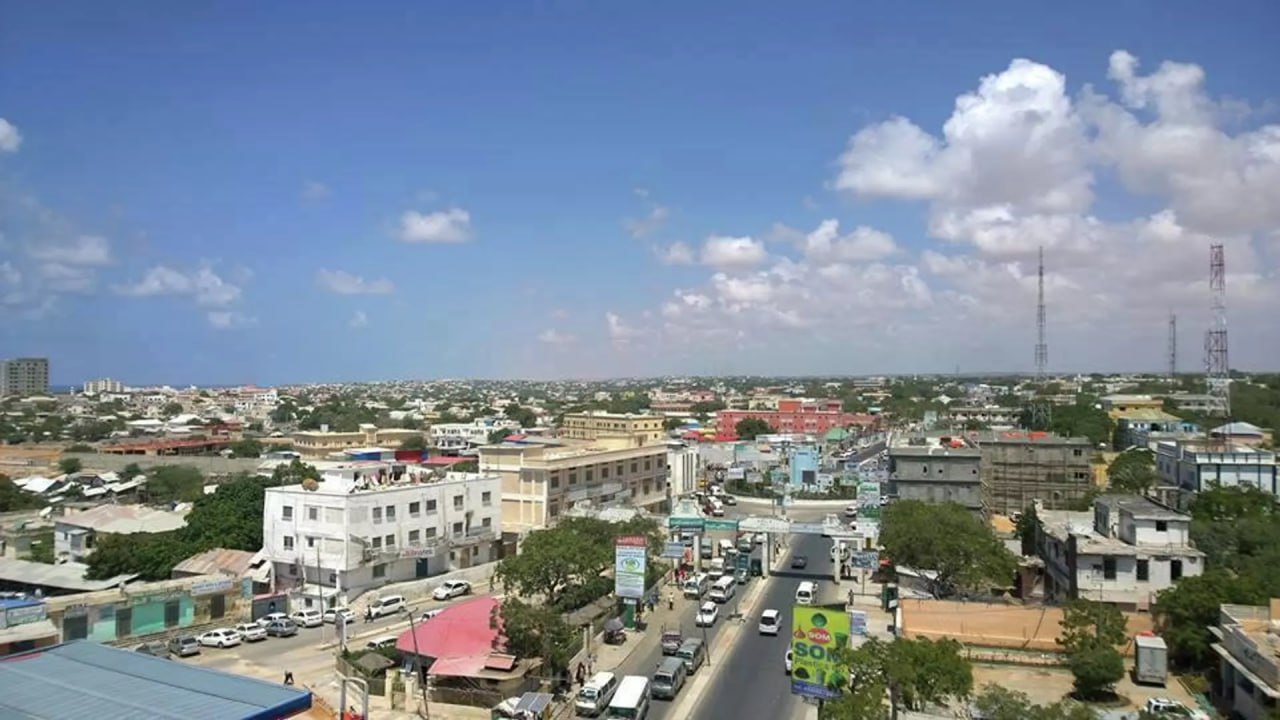a suicide bombing near a police academy in Somalia’s capital, Mogadishu, has left at least seven people dead and six others wounded, underscoring the persistent security challenges Somalia continues to face. The blast, which occurred on Thursday, has heightened concerns about the enduring threat posed by insurgent groups, particularly al-Shabaab, who frequently target civilians, security forces, and government institutions in their ongoing campaign of violence.
The Attack: What Happened?
According to local reports from the Garowe news portal, the incident took place near one of Mogadishu’s critical security installations—a police academy that trains officers tasked with upholding law and order across Somalia. Police sources confirmed that a suicide bomber detonated an explosive device in a crowded area near the academy, causing substantial casualties among both police personnel and civilians in the vicinity. The swift response of emergency services, who arrived on the scene to evacuate the injured, highlights the frequent and severe security risks faced daily by Mogadishu’s residents.
While no group has claimed responsibility for the attack, suspicion has fallen on al-Shabaab, an al-Qaeda-linked extremist organization that has waged an insurgency in Somalia for over a decade. Al-Shabaab has consistently targeted key infrastructure, government personnel, and civilians as part of its strategy to undermine the central government’s authority and destabilize the region.
Who Is al-Shabaab?
Al-Shabaab, which means “The Youth” in Arabic, emerged in the mid-2000s as a radical offshoot of the Islamic Courts Union (ICU) and has since grown into one of Africa’s most notorious militant organizations. The group officially pledged allegiance to al-Qaeda in 2012, aligning itself with the global jihadist network. Al-Shabaab’s goal is to establish an Islamic state governed by a strict interpretation of Sharia law, and it often resorts to violence as a means to weaken governmental control and spread fear.
Al-Shabaab maintains a presence in parts of southern and central Somalia, where it imposes its rule over local populations through taxation, brutal justice, and indoctrination. However, the group’s influence extends beyond Somalia’s borders. Al-Shabaab has carried out cross-border attacks in Kenya and Uganda, underscoring the group’s reach and intent to target any state that opposes its agenda.
The Human Cost of Insurgency
The impact of al-Shabaab’s insurgency on Somalia’s citizens is profound. Constantly living under the threat of attacks, Somalis have endured displacement, economic hardship, and the trauma of losing loved ones. The group’s violent activities have compounded the humanitarian crises that Somalia faces, including food insecurity, drought, and the displacement of millions.
Despite concerted efforts by the Somali government and international forces, al-Shabaab remains resilient. Their recruitment strategies often target disenfranchised youth, offering financial incentives and exploiting the absence of stable governance structures in certain areas. By filling a void where state presence is weak, al-Shabaab has managed to sustain its insurgency, posing a continued threat to peace and security in the region.
Government Response and Regional Implications
The Somali government, backed by the African Union Transition Mission in Somalia (ATMIS) and the United Nations, has made progress in reclaiming territories from al-Shabaab, notably in the central and southern regions. However, as Thursday’s bombing illustrates, urban centers, particularly Mogadishu, remain vulnerable. The government has condemned the attack and pledged to intensify security measures in the capital.
The attack also signals a broader challenge for the East African region. Al-Shabaab’s activities have led neighboring countries, including Kenya and Ethiopia, to heighten security along their borders to mitigate the risk of spillover violence. Regional cooperation, intelligence sharing, and joint military operations have been essential components of counter-insurgency strategies. However, the threat posed by al-Shabaab demonstrates the need for a sustained, multi-faceted approach to counter-terrorism that addresses underlying socio-economic conditions.
A Path Forward for Somalia
Thursday’s bombing is a tragic reminder of the complex security challenges Somalia faces as it seeks to rebuild after decades of conflict. Somalia’s government, with support from its neighbors and the international community, has a critical opportunity to implement measures that not only combat insurgency but also promote lasting peace and stability. Efforts to strengthen the Somali National Army, enhance governance structures, and improve socio-economic conditions will be key to undermining the appeal of groups like al-Shabaab.














Leave a comment